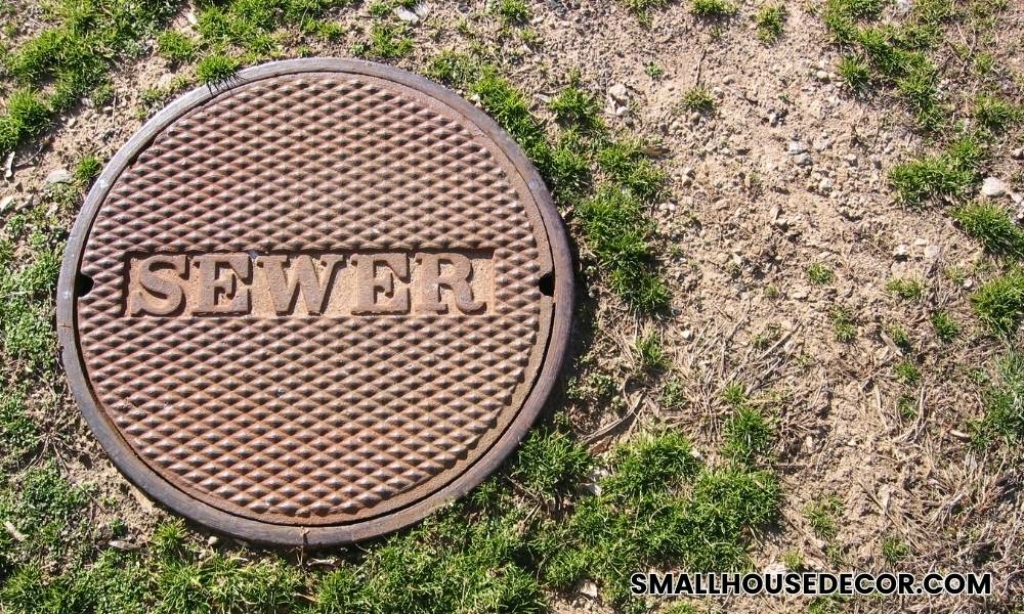Your septic system is crucial for treating wastewater and protecting your family, pets, and the environment. This means that septic system inspections should be annual scheduled to maintain proper functioning.
Failing to do so can cause your septic system to malfunction. This can lead to untreated sewage polluting the groundwater.

Тhe signs telling you your septic system needs inspection
To detect issues with your septic system early on, it’s important to recognize subtle warning signs. Eight indicators can help you identify potential concerns that require special attention.
Addressing these warning signs ensures your septic system operates efficiently while protecting the environment and your health.
Water or sewage backs up
If you notice water coming out of the toilet, sink or drains. That is a sign of a septic tank backup. In severe cases, even sewage can return, which is a health hazard. Don’t use your plumbing until you call a professional.
Bad odor
It could be full or leaking if you detect an unpleasant odor coming from your septic tank or drain field. It’s best to check your septic tank before it smells bad; otherwise, you might have to replace it.
Standing water in your yard
If you see puddles in your yard on sunny days, it could be due to your septic system. Check for other causes like running hoses or damaged sprinklers, but don’t ignore them. Leaking sewage can harm your lawn and family.
Gurgling plumbing
It’s essential to pay attention to the sounds coming from your plumbing. If you hear unusual gurgling noises coming from your drains and pipes, they could indicate a problem with your septic system.
These strange noises could be a sign of pipe blockages. If you left them unchecked, that could lead to a failing septic system.
Slow drains
Slow drains in sinks or bathtubs could be due to clogs, but they could also indicate a failing septic tank. Check for clogs if you know about plumbing; otherwise, call a septic service. Until they arrive, use less water.
Algae blooms
It is crucial to properly maintain your septic system to prevent environmental harm and costly repairs. Neglected septic systems may cause harmful runoff, which can trigger algae growth in nearby ponds.
Proactively maintaining your septic system protects the environment and saves yourself from significant financial burdens.
Bright green grass
If you notice exceptionally bright green patches of grass around your septic tank, it may indicate a leak. Pay attention to your lawn and schedule a septic tank inspection if you see this.
Taking care of your septic system is not only about avoiding costly repairs, it’s about protecting the environment and your well-being. Regular maintenance, inspections, and responsible use of your system are key.
Also Read: Septic Tank vs a Sewer: What’s the Difference?
Types of inspections
Septic inspections serve two main purposes and can be categorized into two types:
- Visual inspection – This type of inspection involves an inquiry into the property’s history, previous inspections, and related details. The inspector also assesses the water pressure within the house by running faucets and flushing toilets. They check for the presence of cesspools, standing water, and the condition of the drain field. However, visual inspections are limited as they cannot comprehensively evaluate the septic tank’s health and functionality.
- Full inspection – This type of inspection is often carried out by seasoned professionals equipped with specialized tools to offer a more in-depth analysis. It encompasses an examination of the septic tank’s water level to assess drainage efficiency. Additionally, comprehensive tests are conducted to ensure the entire system is functioning optimally before proceeding with any necessary maintenance, such as pumping. This meticulous approach ensures a thorough understanding of the septic system’s condition and promotes its long-term health and safety.
To prevent these problems and ensure the safety of your environment, it is essential to prioritize septic system care. Together, we can maintain cleaner and safer surroundings for generations to come.